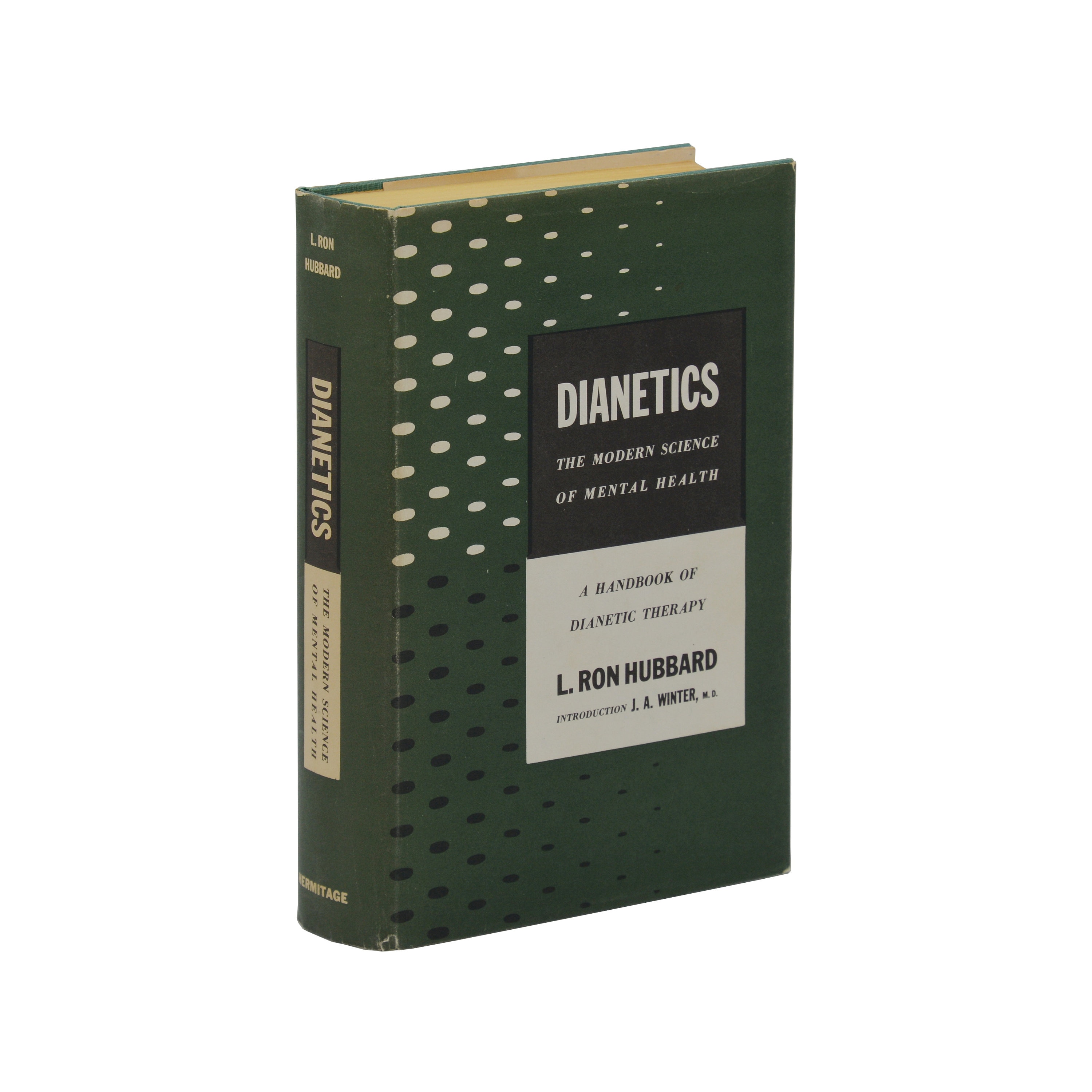The Ultimate Guide To Dianetics
The Ultimate Guide To Dianetics
Blog Article
10 Simple Techniques For Dianetics
Table of ContentsThe Facts About Dianetics RevealedThe 8-Minute Rule for DianeticsAll about Dianetics10 Easy Facts About Dianetics Shown
I couldn't ever not intend to obtain anything that enters your mind for you- if it was or else, I wouldn't be sitting below with you, doing this. I not only might never have a problem, or not desire to hear something that comes to mind for you, yet I'm completely excited to know every idea, every thought, every photo or feeling that arises or shows up for you- do not ever believe otherwise, and if for one reason or another you do, please just let me recognize! Occasionally, you may have a thought, and image, idea or case turn up that does not seem to answer the concern, or connect to it, however nonetheless, constantly do tell me concerning it, and as we proceed, the relevance will emerge for you.This is fundamental in the basis of processing, and the subject of this conversation: the basic roles of the therapist and the customer: The standard role of the counselor is, contrary to "typical training", not to regulate, which means to impose and/or inhibit, but to instead work from the basis of EMPOWERING THE CLIENT.

The 6-Minute Rule for Dianetics
John Mcmasters shared this fundamental reality splendidly well in among his lectures on Power handling, where he describes exactly how he was asked what this "special knack" was that he had for offering such terrific sessions; he needed to consider that for a minute, and detected that it was what he wasn't doing, in addition to what he was doing: he wasn't reviewing, judging, computer, or as a matter of fact, generating any type of thoughts, let alone verbal expressions, after giving the command and while awaiting the PC to finish their response to their complete satisfaction; he was, simply and just, existing with the PC, and totally interested.
The function of the counselor, showed; that was his "special propensity". I have had my own experience which instructed me this well, really at an early stage in the game. In 1982, having recently finished my training and teaching fellowship on New Age Dianetics, I was running this on a COMPUTER, and there was a factor in the session where (being a little bit wet behind the ears not yet having many hours important link under my belt as an expert auditor) the PC seemed to be "taking too long" to share anything vocally after I gave him a command.
This secret became one of the most useful contribution that John ever made to the subject of treatment or auditing (Dianetics). In my humble viewpoint, it is the best payment that any person has actually ever made to these subjectsthe application is entirely non-judgemental, non-evaluative, and without any recommendation, guidance or opinion.no preconditioned agenda for people, or 'degrees' that they need to do
In Idenics, the only resource of details regarding a client is the individual client. In Scientology we prided ourselves on not examining for people. Yet all that truly indicated was that the auditor did not VERBALLY assess for the computer in session. The registrars and principles police officers examined for the computer.
What Does Dianetics Do?

Anybody who had actually ever before seen John audit could not aid yet notice a distinct high quality in his bookkeeping."The client's fundamental role is to be there with the objective of relocating the direction of their spiritual goals, and to easily and fully express and experience whatever manifests for them in answering the concerns and executing the instructions in the handling.
This is something to process as needed. However additionally, people frequently have previous experience and/or brainwashing in auditing/processing which, in some means, and to some extent, really misdirects them into attitudes, ideas and behavior patterns that stop the complete awareness of these roles, therefore they will have a tendency to hinder the expressing of what comes to mind, as in the instances offered above. * The very first, and perhaps foremost instances of mis-indoctrination causing much less than entirely smooth and reliable sessions, can be found in certain aspects of the training routines, or "TR's":"TR's" are frequently an individual's first, or a minimum of early, experience in Scientology, and while I will certainly go on to discuss what I view as the imperfections in principle and method, however, have a tendency to be significantly restorative, done as they are given (Hubbard firmly insists that "TR's are not refining, they are training", yet factually, they are both processing AND training)
Alan Walter made comparable observations, and improved these with his "Presence Processes". There is no "flunking", and no rejection of the reality of this being handling. The emphasis, as it see this site should be, gets on experiencing the other person's presence. All the symptoms which get a "fail" in doing "TR-0" are just the being's initiatives to stand up to the other person's existence, and instead of being look at these guys bothered and nagged with "Flunk", which enforces "failure!" on the being, one simply needs to be encouraged to "stick their feet in the water a little deeper", to progressively rehabilitate their capability and desire to completely share and experience "being right here", or "existence", with others.
The Best Guide To Dianetics

Report this page